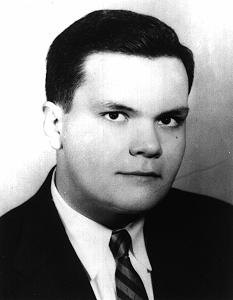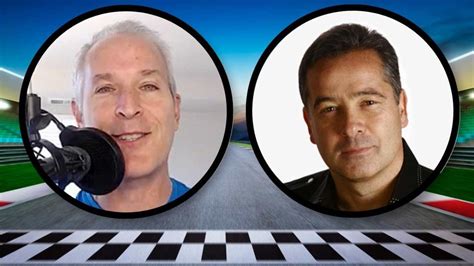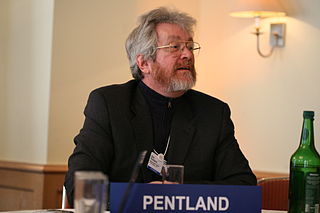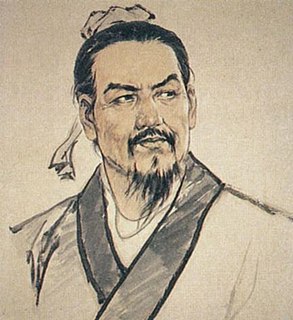A Quote by Luc de Clapiers
Most people grow old within a small circle of ideas, which they have not discovered for themselves. There are perhaps less wrong-minded people than thoughtless.
Related Quotes
So we see that even when Fortuna spins us downward, the wheel sometimes halts for a moment and we find ourselves in a good, small cycle within a larger bad cycle. The universe, of course, is based upon the principle of the circle within the circle. At the moment, I am in an inner circle. Of course, smaller circles within this circle are also possible.
Distinguish open-minded people from closed-minded people. Open-minded people seek to learn by asking questions; they realize that what they know is little in relation to what there is to know and recognize that they might be wrong. Closed-minded people always tell you what they know, even if they know hardly anything about the subject being discussed. They are typically made uncomfortable by being around those who know a lot more about a subject, unlike open-minded people who are thrilled by such company.
America is a country defined by a set of ideas, and when people choose to accept those ideas, they should be able to become Americans, as fully so as any - and perhaps more so than most - regardless of how recently they or their ancestors arrived upon our shores. This is the true American tradition, which as conservatives we must defend.
I mean people are sexist and racist and homophobic and violent. But I don't think of the rappers as being any more sexist or racist or homophobic than their parents. Certainly less, in all those cases, less homophobic or racist or sexist, and then less gangster than our government. It's stuff that people normally don't speak on, subjects they don't speak on, and ideas they kind of keep to themselves.
It is not simply the brightest who have the best ideas; it is those who are best at harvesting ideas from others. It is not only the most determined who drive change; it is those who most fully engage with like-minded people. And it is not wealth or prestige that best motivates people; it is respect and help from peers.
Childhood is less clear to me than to many people: when it ended I turned my face away from it for no reason that I know about, certainly without the usual reason of unhappy memories. For many years that worried me, but then I discovered that the tales of former children are seldom to be trusted. Some people supply too many past victories or pleasures with which to comfort themselves, and other people cling to pains, real and imagined, to excuse what they have become.
Listening is the oldest and perhaps the most powerful tool of healing. It is often through the quality of our listening and not the wisdom of our words that we are able to effect the most profound changes in the people around us. When we listen, we offer with our attention an opportunity for wholeness. Our listening creates sanctuary for the homeless parts within the other person. That which has been denied, unloved, devalued by themselves and others. That which is hidden.






































